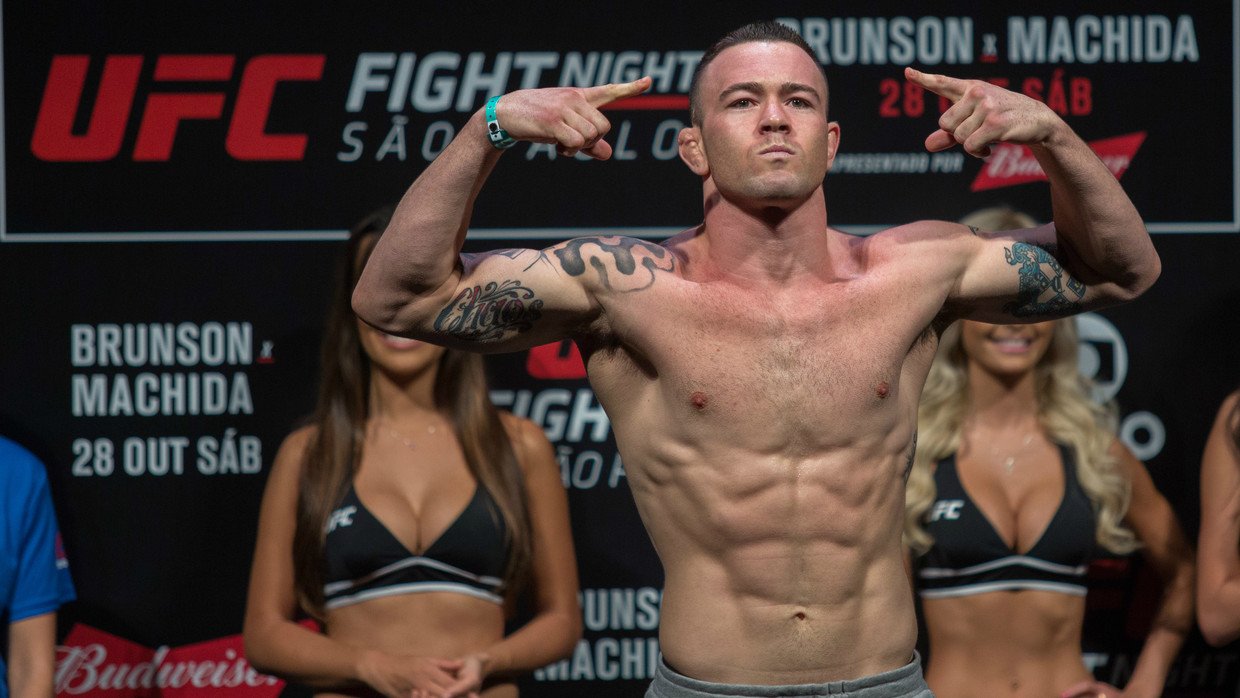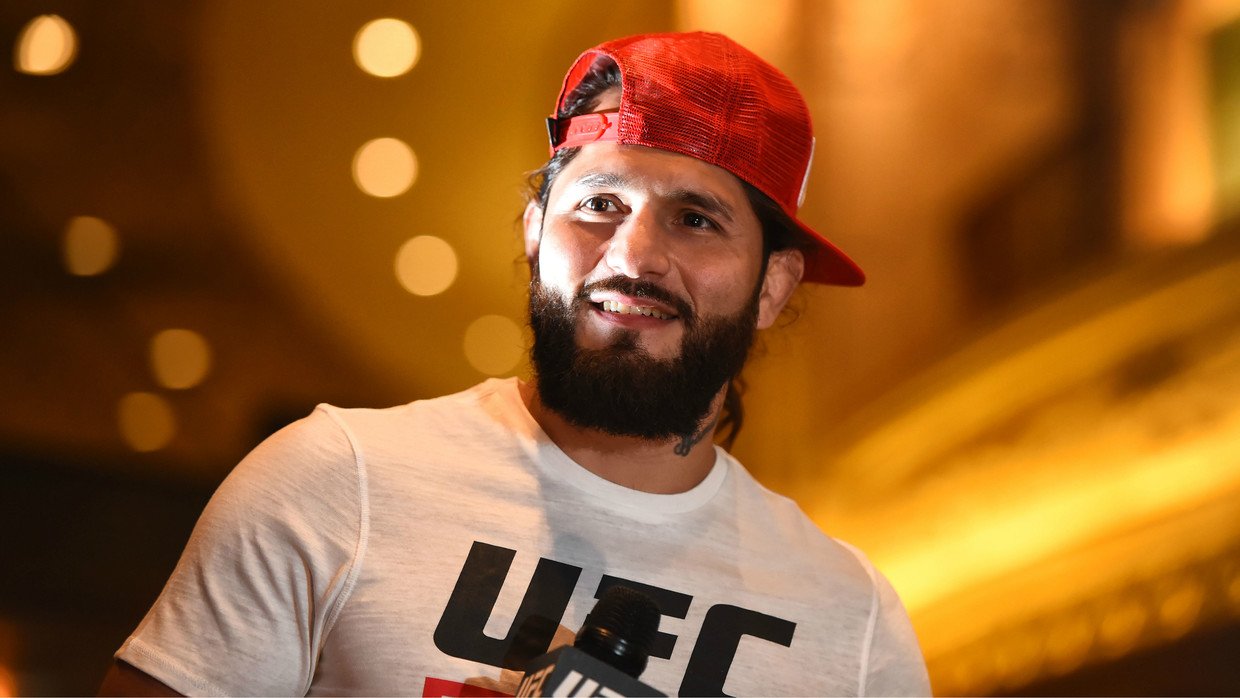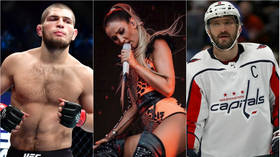We’ve had the UFC’s ‘entertainment’ era… now it’s time to get real

The UFC has evolved, going from an underground attraction, banned across the US, to a mainstream sports league at home on ESPN. But the world's biggest MMA organization could benefit from returning to an old-school strapline.
When the UFC was purchased by Zuffa, led by Lorenzo and Frank Fertitta, and their childhood friend Dana White, they gave the organization a facelift and relaunched the brand with a strapline: “As real as it gets.”
While the fights certainly fit that description, the drama that surrounds the actual events is sometimes anything but real. And, in recent years, the sport entered what the media unofficially dubbed “the entertainment era.”
It was the era of trash talk, sensationalism and bad blood, as the hierarchy of the best fighting at the best at times was moved to one side to make way for big box office “super fights.” It made the UFC a truckload of cash, and eventually led to the organization’s sale to Endeavor for a colossal $4 billion.
But when trash talk becomes the accepted norm, what can fighters do to stand out from the crowd?
Two such athletes have attempted to do just that, in very different ways, and they have polarized the fanbase as they have done so.

If Colby Covington’s Trump-loving, MAGA-hat-wearing persona is an act intended to rub people up the wrong way, and the jury remains out on whether it’s an act or not, it’s certainly working.
While his larger-than-life character was nowhere to be seen earlier in his UFC career, his decision to embrace it over the last couple of years has seen him become arguably the most despised fighter on the roster.
Now he’s on the brink of a title shot, Covington appears to be cranking up the controversy even further. While his MAGA schtick may annoy and infuriate some, his referencing of Matt Hughes’ near-death on a railroad track, dragging up Miesha Tate’s hacked and leaked personal photos and referencing the death of former Blackzilians manager Glenn Robinson over the course of the last few weeks has taken things beyond the boundaries of what should be considered acceptable, even in this most primal of fight sports.
Let’s not forget, this is the UFC, who stopped fighters from wearing sponsors’ names on their kit in favor of an apparel deal to help make the company look more uniform and professional in the eyes of potential suitors and television partners.
Also on rt.com Colby Covington 'truly inspired' by Trump support following dominant UFC Newark victoryBut in today’s UFC, wearing ads for “Dude Wipes” and “Condom Depot” on your shorts may not be acceptable, but it seems mocking an accident that put a man in a coma, and using a manager’s death as part of a trash-talking narrative, is now a reality. And that all came only a matter of months after Conor McGregor’s personal attacks, on Khabib Nurmagomedov’s family and faith, escalated their rivalry to breaking point at UFC 229.
While Covington is seemingly doing his best to disgust the MMA fanbase, UFC flyweight and bantamweight champ Henry Cejudo is going down a different route.
The Olympic gold medalist is as polite and genuine a guy as you’ll find in the sport. But he’s discovered that, in this new world order of the UFC, being polite and genuine gets you nowhere.
Also on rt.com 'I want to be 1st intergender champion!' UFC's Cejudo calls out women's flyweight champ ShevchenkoHis earnest pre-fight interviews may have earned my personal respect, but they didn’t resonate with the fans, who seem to gravitate towards these caricature-style personalities. So he’s changed things up and adopted a persona of his own.
And while he has admirably stayed clear of personal abuse, the self-appointed “King of Cringe” has instead gone down the road of bizarre social media utterances and nonsensical call-outs, including his call-out of women’s flyweight champ Valentina Shevchenko, while waving away the far more realistic challenges of the likes of Frankie Edgar and Urijah Faber.
Both Covington and Cejudo are doing the same thing, but in very different ways. They’ve invented personas they believe will result in more lucrative careers, and with the way things are at the moment, their tactics are likely to be successful. But it feels like we’re approaching a tipping point where this faux WWE-style caricaturization of fighters’ personalities is starting to wear thin.
The antithesis of the likes of Covington and Cejudo is Jorge Masvidal who, for my money, is more entertaining than the pair of them, both inside and outside the cage.

While Masvidal attracts plenty of media interest these days, he does this by simply being himself. I’ve spoken to him a few times over the last few months and what you see is what you get. Ask him a straight question and he’ll give you a straight answer. No airs or graces, no sugar-coating to make it media-friendly. He just speaks his mind.
That authenticity, coupled with his stunning recent form, has seen him catapulted to the top of many people’s Fighter of the Year lists for 2019, and justifiably so.
While Covington answers questions with pre-prepared soundbites and Cejudo gets his message across via carefully-scripted social media “mini-promos”, Masvidal just calls it as he sees it, then goes out there and backs up his talk. While others like Covington are playing games, Masvidal is playing for keeps. And that’s why he is the fighter the UFC should really be throwing their promotional weight behind.
He’s not a squeaky clean poster boy, but he is real, and that, at the end of the day, is what made the UFC an attraction in the first place. People want to see who the toughest man or woman in the world is, and the octagon provides the platform for us to find out.
Sure, we can have rivalries, where they’re legitimate. But we’re veering too close to pro wrestling antics these days when we should be celebrating those people, like Masvidal, who represent what the sport really is.
That’s why it’s now time to ditch the “Entertainment Era” and time to go back to what made us love mixed martial arts in the first place, and that’s being “as real as it gets.”
By Simon Head














